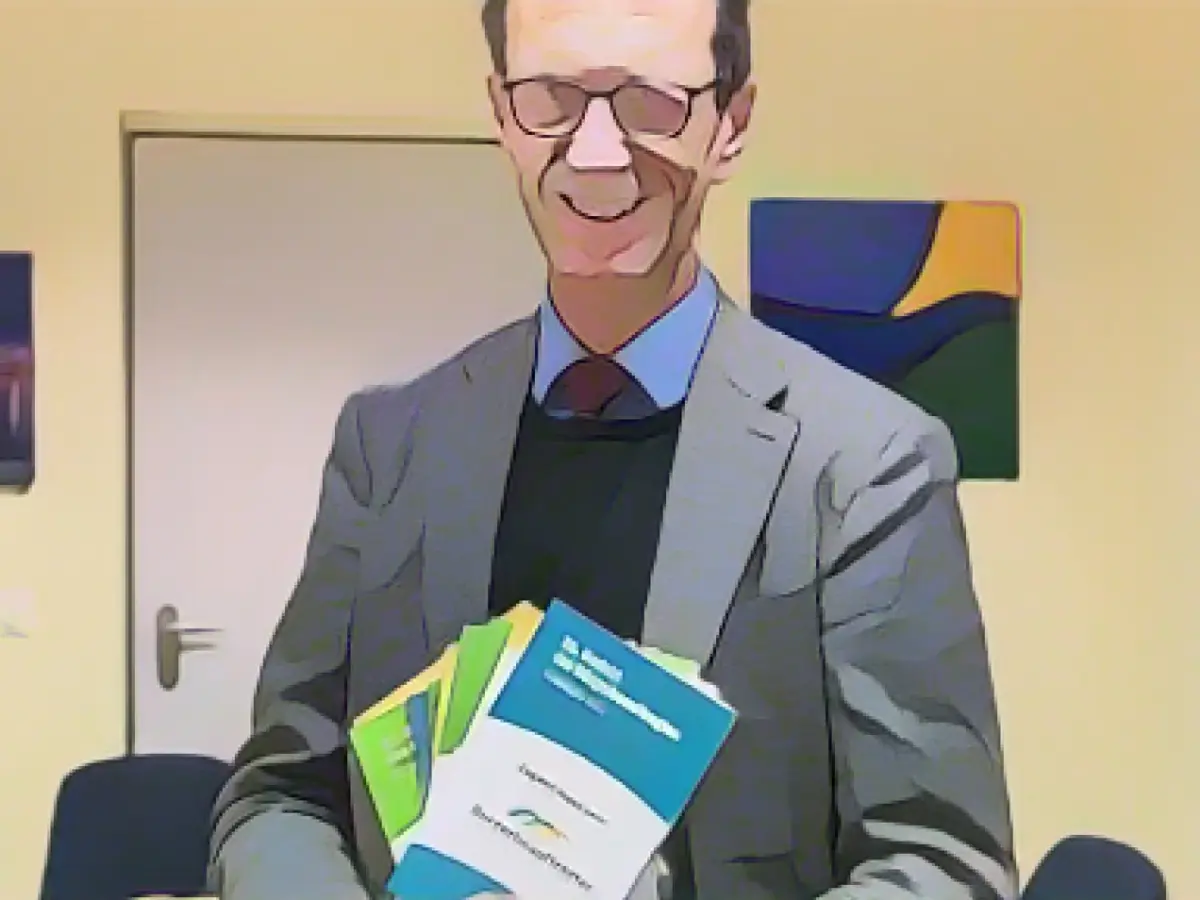Headline: Struggle for Fair Compensation: Berlin Parents Face Childcare Crisis During Teacher Strike
Parents in Berlin are once again grappling with finding alternative childcare options, as educators and teachers prepare for a two-day strike on Wednesday and Thursday. Unions Verdi and GEW have rallied all employees under the collective agreement of the federal states to participate in this industrial action. Approximately 20% of children enrolled in municipal daycare centers in Berlin may be affected by this warning strike.
Educators in schools, university employees, social workers from youth, health, and social services offices, and even the police union (GdP) are joining forces in this disruptive action. The meeting point for strikers has been set at Ernst-Reuter-Platz in Berlin, starting at 8:45 am.
The ongoing wage dispute in the public sector of Germany's federal states serves as the foundation for this labor action. Despite several rounds of negotiations, no agreement has been reached, prompting unions to express their demands through strikes in Berlin and other cities.
Union concerns revolve around earning a minimum monthly income hike of 500 euros throughout a twelve-month collective agreement period, along with salary enhancements for trainees by 200 euros and city-state bonuses of 300 euros for Berlin, Hamburg, and Bremen.
Gaining Perspective:
The current wage disagreement stems from unions advocating for improved compensation and job security in education and social services. Verdi, a prominent union representing educators and teachers in various German federal states, plays a crucial role in these negotiations. GEW, another influential union, strives to better salaries and working conditions for its members.
Throughout the dispute, unions have organized various demonstrations and collective actions, including warning strikes aimed at pressuring the government to address their concerns. These strikes lead to significant disruptions in essential services, like childcare and education, drawing attention to broader issues affecting these vital sectors.
While the outcome of these wage negotiations remains uncertain, it is essential for both government representatives and unions to collaborate effectively to find a solution that protects educators, teachers, and the community's interests.
Enrichment Data:
- The specific demands of the upcoming two-day warning strike in Berlin, led by Verdi and GEW, stem from the ongoing wage dispute within the public sector of Germany's federal states. Unions push for better compensation, job security, and working conditions during this period.
- With the strikes impacting essential services, such as childcare and education, the broader issues affecting these critical sectors are brought to the forefront. Unions agitate for increased public funding to address these concerns.
- The ongoing debate surrounding education and social services involves not just wages but also austerity measures, militarization of universities, and potential funding cuts affecting specific degree programs.
- Strikes and protests fuel the class struggle narrative, with unions advocating for resources to come from the billionaires and multimillionaires who benefit from these cuts while the working class disproportionately feels the impact.
By addressing the concerns raised in this enrichment data, policymakers and unions can work collectively towards finding a mutually beneficial solution that ensures the wellbeing of educators, teachers, and the broader community.








